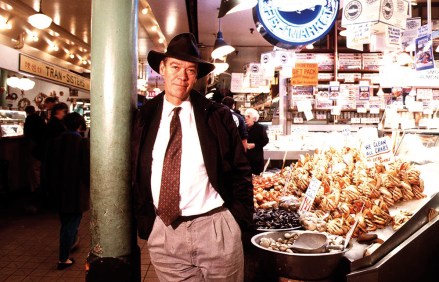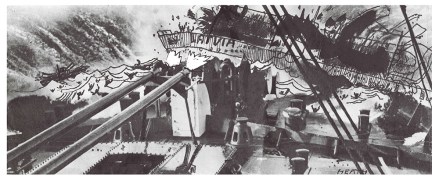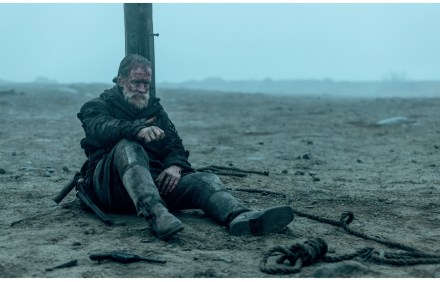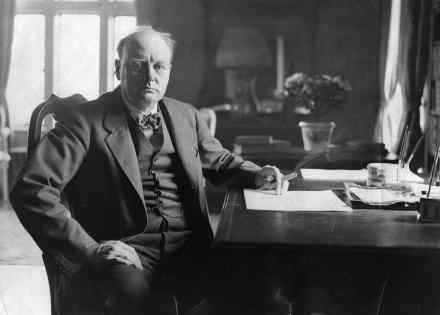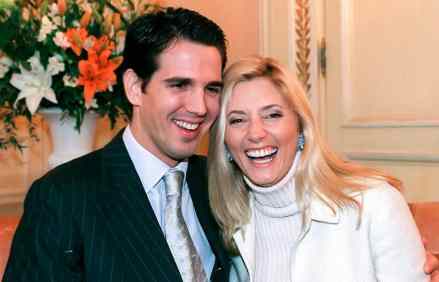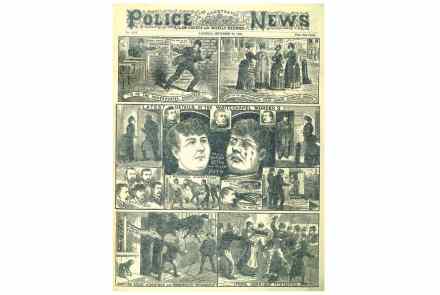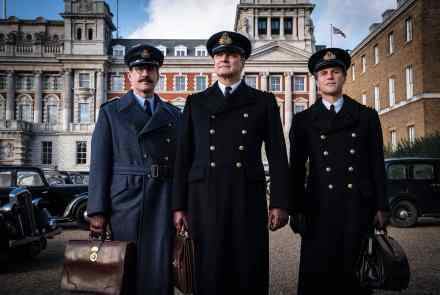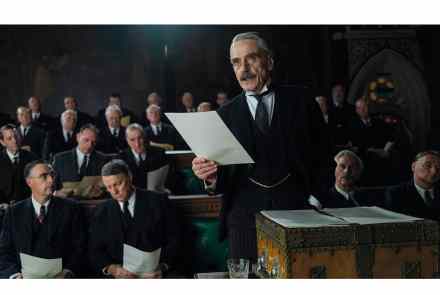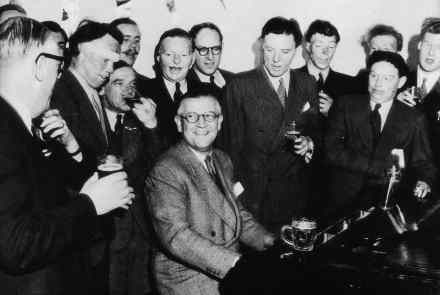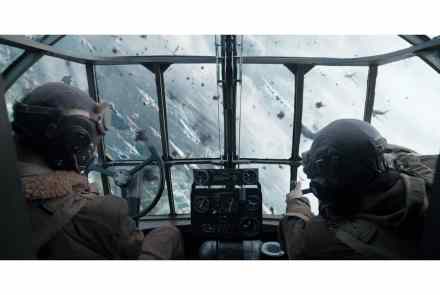Jonathan Raban’s last hurrah
Jonathan Raban, who died earlier this year, left this memoir almost complete. It tells two stories, artfully braided. One concerns the first three years of the author’s parents’ marriage, when Peter Raban was abroad serving in the second world war. He rose to become a major in the Royal Artillery, fighting in France and Belgium, evacuated from Dunkirk and proceeding to North Africa, Italy and Palestine. The second is about the author’s stroke in 2011, aged 69, his rehabilitation in a neurological ward where, on his first morning, a nurse asked ‘Do you want to go potty now?’, and the start of a new life as a hemiplegic. Raban had
